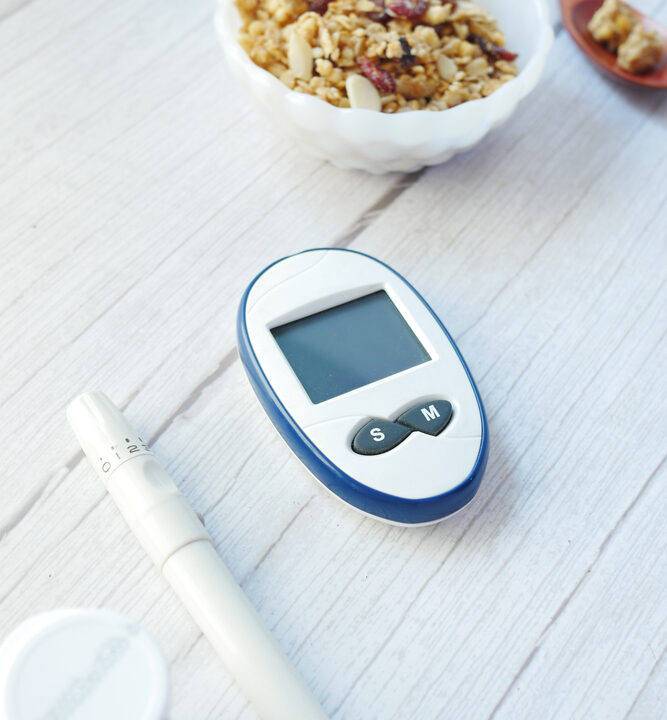
If you are looking for a healthier option than traditional diabetic biscuits, you can opt for oat-based ones. Depending on your preference, these biscuits can be made with Oat flour or Oat bran. These biscuits contain minimal amounts of sugar and can be consumed in moderation. They are great for diabetics who need to monitor their blood sugar levels. These biscuits are made from whole grains and are free from refined sugar.
Table of Contents
Oat biscuits
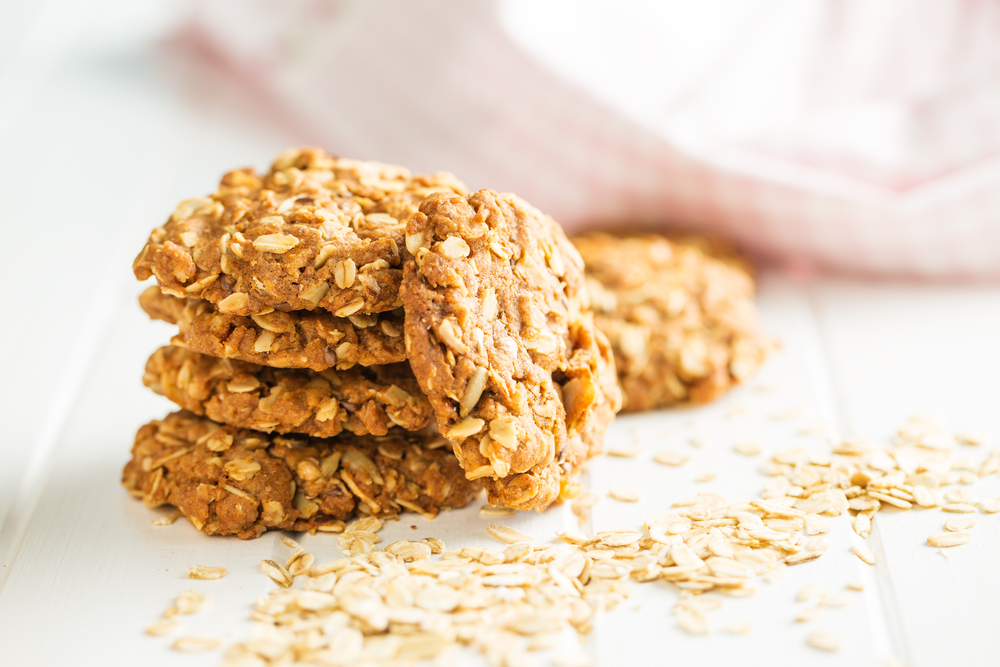
These delicious cookies are a great way to sneak in some oats while still enjoying a treat. The oats are a great slow-release carbohydrate, which may help to prevent spikes in blood sugar levels. The addition of dark chocolate adds an extra layer of loveliness. These biscuits are also low in calories, making them a great choice for diabetics.
These sweet treats are also high in protein and low in carbohydrates. They contain a good amount of unsaturated fat, which is important for diabetics. And the best part is that these cookies are super easy to make. Instead of using white sugar, these cookies are sweetened with almond flour, apple, or orange juice.
Unlike regular cookies, diabetic oatmeal cookies are sugar-free and low in carbohydrates. They are also vegan and gluten-free. These cookies are the perfect choice for diabetics. They are great to keep on hand when craving a sweet treat. And if you're on a sugar-free diet, you'll want to try one of these delicious cookies.
Oats
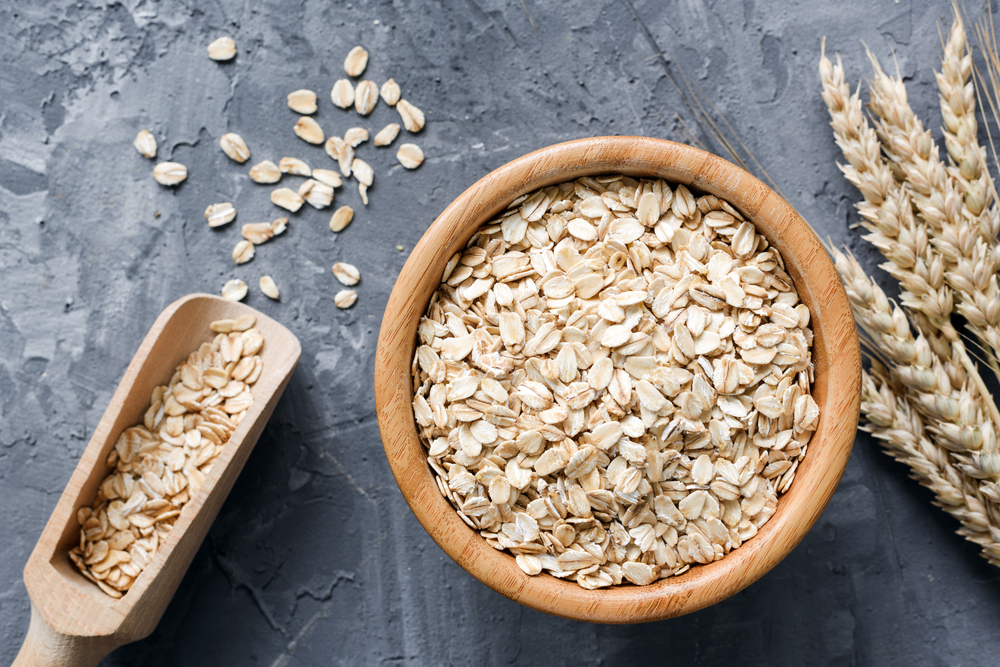
Oats are rich in carbs, fiber, protein, and fat. They also contain powerful antioxidants, which help reduce blood pressure. These nutrients are also useful in controlling blood sugar levels and preventing heart disease and weight gain. In addition, oat biscuits can help people with diabetes lose weight and relieve constipation.
Besides reducing the risk of developing type 2 diabetes, oatmeal can help individuals control other diseases, like high cholesterol. It contains healthy beta glucans, which can help lower bad cholesterol while keeping good cholesterol levels the same. Furthermore, fiber-rich foods like oats can keep the body fuller longer, which can help reduce snacking and calorie intake.
The glycemic index (GI) of oatmeal is lower than most other foods and can act as a replacement for other breakfast options. Moreover, oatmeal is high in soluble fiber, which can lower cholesterol levels and reduce the need for insulin injections. In addition, oatmeal is also beneficial to heart health, which is particularly important for those with diabetes.
Oat-bean cookies also contain significant amounts of dietary fiber, protocatechuic acid, and beta-sitosterol. These compounds help control blood glucose levels and are a valuable addition to diabetic biscuits. They are also low in calories, making them ideal for breakfast or snacks at work.
Oat flour
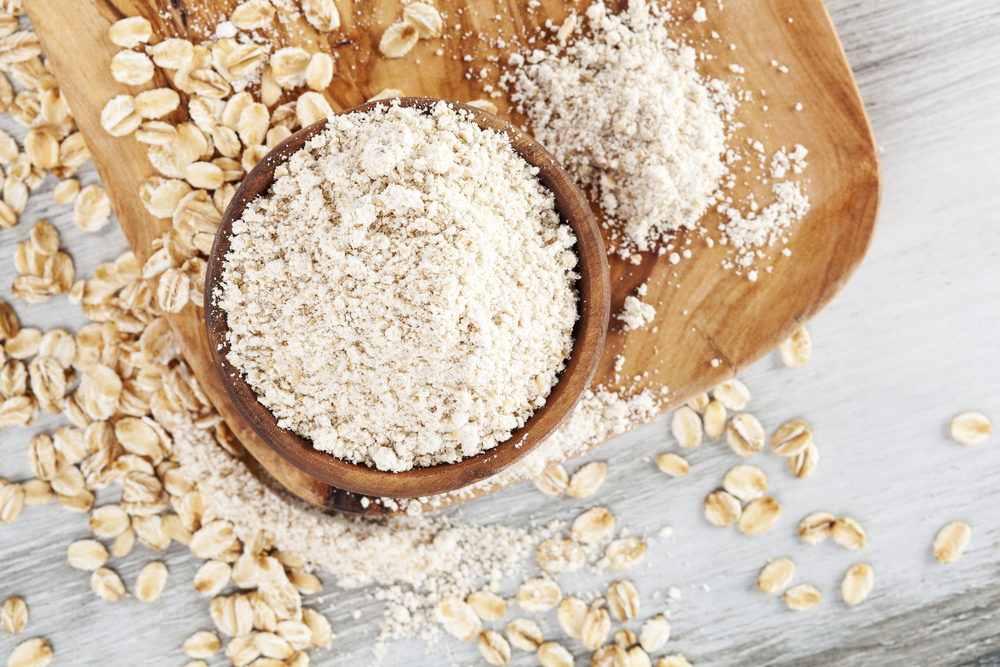
Oat flour is an excellent substitute for wheat flour in most recipes. It is rich in protein and fiber, including beta glucan fiber, and adds a soft chewy texture to baked goods. Spelt flour is another popular substitute for oat flour, as it is high in fiber and helps to stabilize blood sugar levels after meals. Spelt flour also has a pleasant, slightly sweet taste and a light texture.
Oat flour is made from oats, so it is a great substitute for wheat flour in biscuit recipes. A variety of uses for oat flour exist, including gluten-free, dairy-free, and sugar-free varieties. To make gluten-free biscuits, simply grind the oats and add them to the flour mixture. Once combined, the mixture will stick together, and the biscuits will form balls. Once baked, the biscuits should be placed in an airtight container and stored in the fridge.
Oat flour is a natural gluten-free whole grain flour that provides a healthy alternative to wheat flour. It is high in protein and fiber, and is packed with beta-glucan, a type of fiber that lowers blood sugar levels in people with diabetes. Oat flour is a great substitute for all-purpose flour in baked goods, and can even be used in recipes designed for people with diabetes.
If you can't find Oat Flour in your area, you can always substitute it with almond flour, coconut flour, or another flour. You can also use coconut oil or vegan butter in place of oat flour.
Oat bran
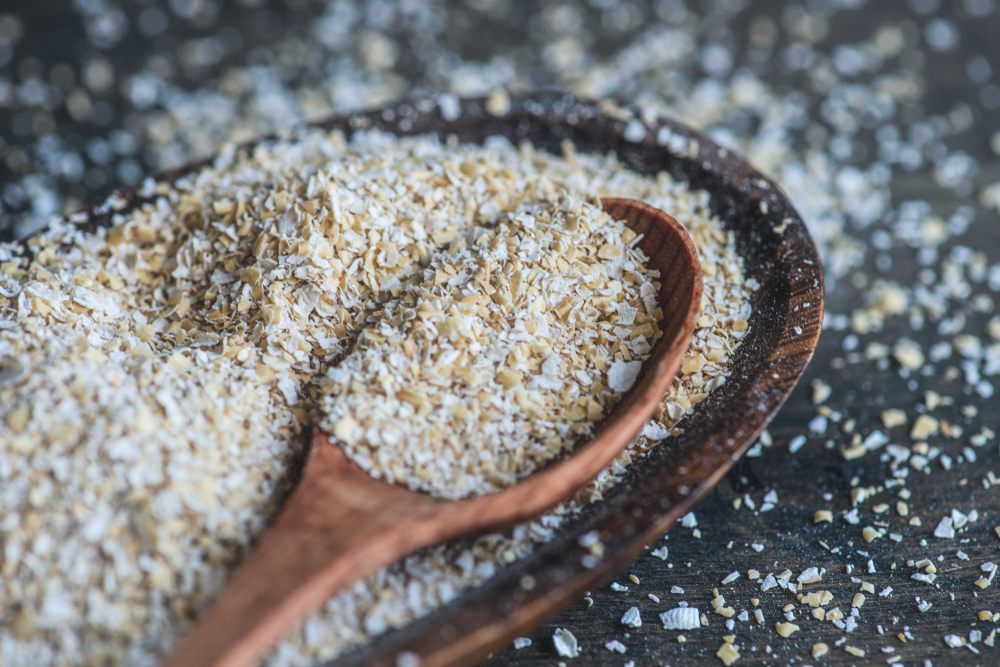
Oat bran in diabetic biscuits has a number of health benefits. It has been shown to help lower blood glucose levels, particularly for women who have gestational diabetes. In addition to helping women manage their diabetes, oat bran may also help them avoid the risk of gestational diabetes. Researchers conducted a study of 112 women with gestational diabetes, who were divided into two groups. One group received the usual diet for gestational diabetes, while the other group received 30 grams of oat bran daily. Before and after the intervention, the women in both groups had blood tests to check their blood glucose levels. They also were tested for two-hour postprandial glucose. The researchers used SPSS statistical software version 22 to analyse the data. They used independent t-tests, Chi-square tests, and Mann-Whitney tests
Researchers also found that oat bran flour lowered the blood glucose response to a glucose load. This was attributed to the beta-glucans found in oat bran. This substance is a slow-releaser of carbohydrates, and may also reduce cholesterol. In addition, it may help with bowel health. Oat bran has a high fiber content, and may provide relief for people with inflammatory bowel diseases such as Crohn's and ulcerative colitis.
Oat bran is rich in polyphenols, a class of plant-based molecules that act as antioxidants. Antioxidants protect us from harmful molecules called free radicals. These free radicals can damage our cells and cause many diseases, including heart disease. Oat bran has multiple antioxidants, including powerful avenanthramides and phytic acid. Because of this, it may help combat heart disease. It may even help with blood sugar control, which is critical for diabetics.
Flaxseed
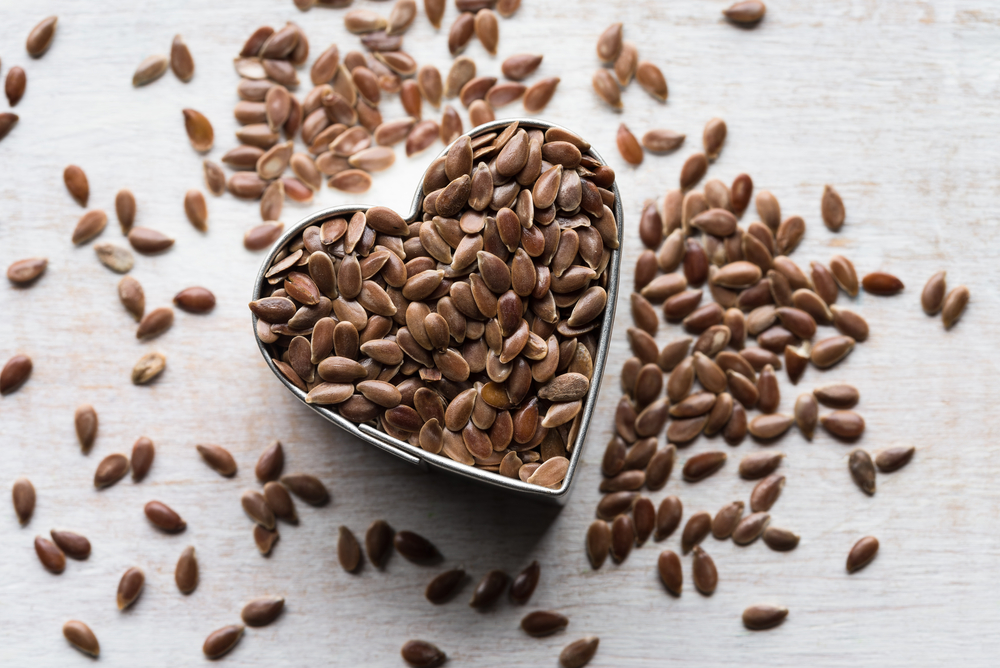
Flaxseed has many benefits, including lowering blood pressure and improving digestion. It has also been shown to help prevent certain types of cancer. It can be incorporated into both savory and sweet dishes. It is best to consult your healthcare provider if you have a specific health condition to determine how much you should be eating.
The lignan in flax seeds is a powerful antioxidant that can improve insulin sensitivity and delay the progression of diabetes. ALA, a component of flaxseed oil, has also been shown to improve insulin sensitivity in humans. Using this ingredient in diabetic biscuits may help people with diabetes manage their condition.
Other studies have shown that flaxseed can lower the glycaemic response in diabetics and pre-diabetics. It can help stabilize blood glucose levels for 24 hours if ingested one or two grams a day. However, most of these studies were performed in lab settings, gathered morning after overnight fasts, and thus do not reflect physiological responses over an entire day.
In one study, researchers found that 30 g of milled flaxseed significantly reduced blood glucose levels in diabetics. This is in contrast to a wheat-flour control bread that failed to produce an acceptable sensory evaluation. This suggests that flaxseed can be added to diabetic biscuits in higher amounts without causing adverse effects.
Flaxseed meal
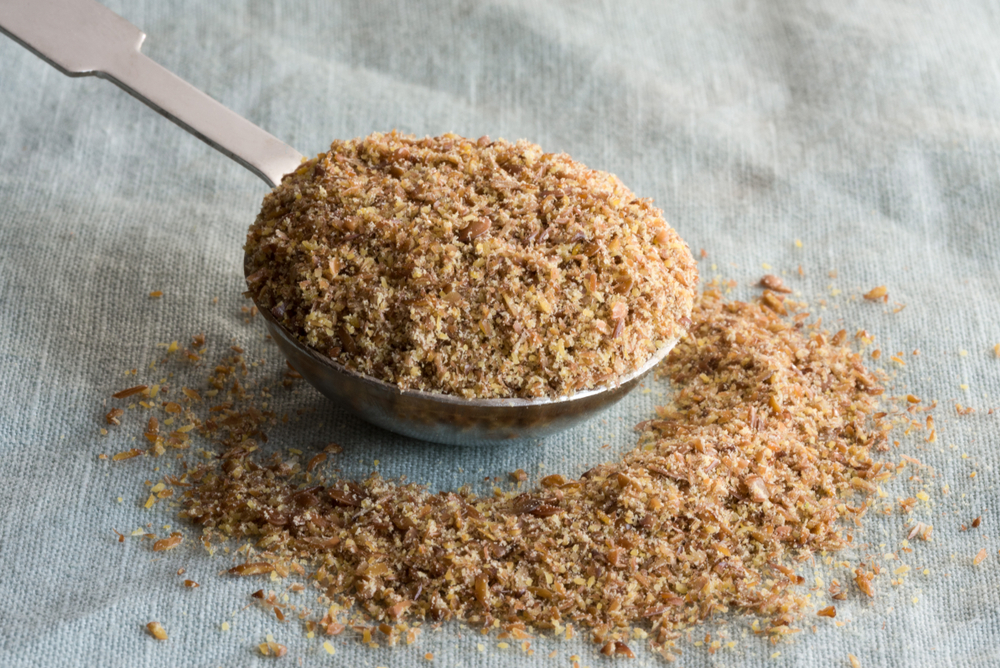
The nutrient value of flaxseed meal is well known. It contains good amounts of phenolic compounds, which have anticancer and antioxidative properties. There are three main phenolic acids in flaxseed: ferulic acid (10.9 mg/g), chlorogenic acid (7.5 mg/g), and gallic acid (2.8 mg/g). Flaxseed also contains small amounts of phytic acid and flavone C and O-glycosides.
Flaxseed meal can be purchased in a bulk form in a health food store or grocery store. It can also be ground at home in a coffee grinder or food processor. It can be added to hot or cold cereal, bread, yogurt, or baked into a variety of baked goods. Be sure to drink plenty of water when taking flaxseed meal.
If you are diabetic, it is important to know the right amount of flaxseed to consume in your daily diet. The flaxseed meal should be at least half your daily value. This food is packed with nutrients and can help control your blood sugar levels. A teaspoon of flaxseed meal is equal to 2 mL of fat.
The ALA fatty acid in flaxseed has anti-inflammatory and antithrombotic properties. These properties can help prevent and treat heart disease. It is also helpful in lowering cholesterol. High LDL cholesterol is associated with diseases such as cardiovascular disease, obesity, and metabolic syndrome. A 12-week study in 30 men with high cholesterol found that flaxseed reduced LDL levels. Furthermore, the omega-3 fatty acid ALA may treat clogged arteries, which is a major risk factor for stroke. In addition, studies on high blood pressure have shown promising results with milled flaxseed.










